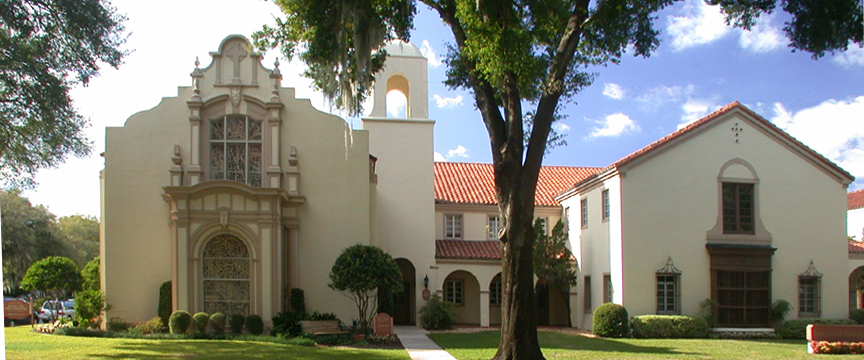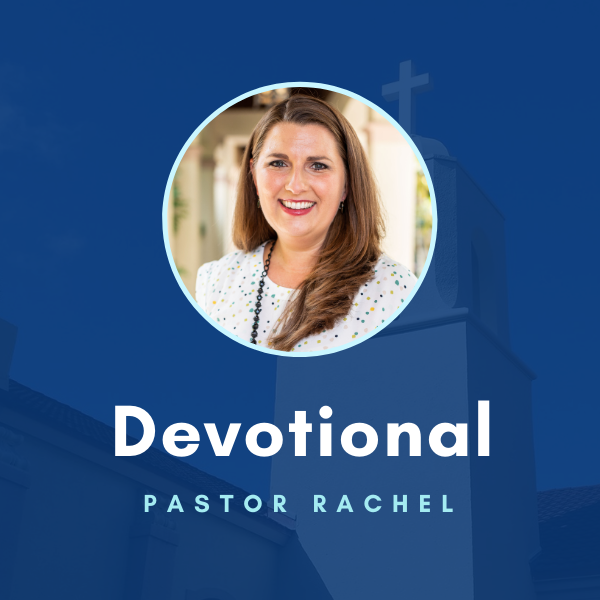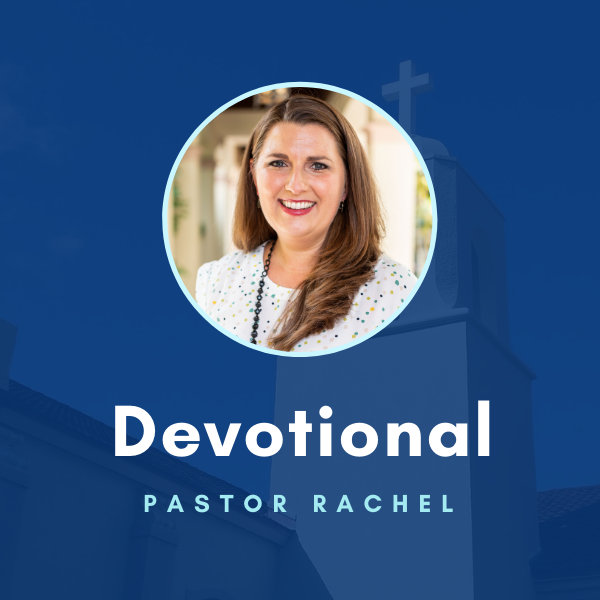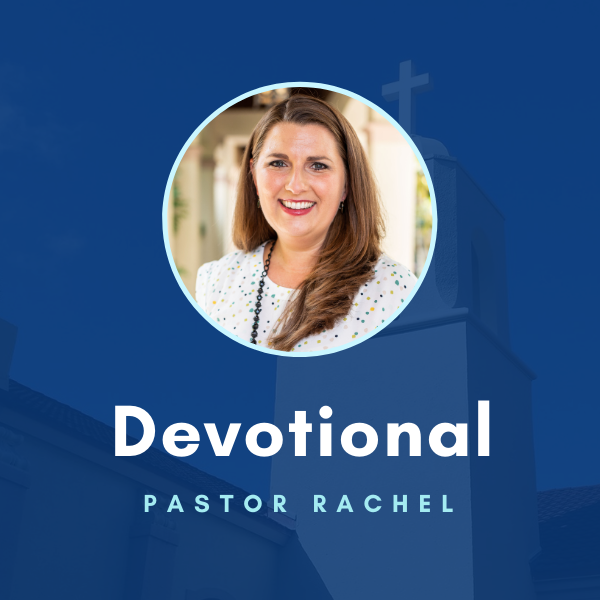
The hymn that has been playing over and over again in my head since Sunday has been Blessed Assurance; one of my top five hymns of all times. Each verse is beautiful and deep, and if you happen to have a United Methodist Hymnal on your shelf, you can find it on page #369. My favorite verse speaks of what true witness looks like:
Perfect submission, perfect delight,
Visions of rapture now burst on my sight;
Angels descending bring from above
Echoes of Mercy, Whispers of Love.
This is my Story, this is my song,
Praising my Savior all the day long;
This is my story, this is my song,
Praising my Savior all the day long.
Aside from the jovial melody and easy rhythm to clap to, this song is about our witness and the story we wish to tell the world. Written by the beloved Hymn writer, Fanny Crosby in 1873, it is a song that inspires deep faith. Verse 2 speaks about the witness of that faith. While I can admit that I haven’t always enjoyed the word submission (this word has been used to harm women since the beginning of the recorded Scriptures) what I understand about this verse, in particular, is that through submission to Jesus (for male and female) it leads to perfect delight. That is when we fully submit to Jesus as both the Savior and Lord of our lives, there is joy and contentment despite life’s circumstances. The last part of this verse is probably the most poetic of all: Echoes of Mercy, Whispers of Love. An echo can be heard long after the word is spoken and has a farther reach to the hearer. And a whisper of love is something done in close proximity to someone you have a deep relationship with that shares your level of trust.
When we work out what it means to be faithful witnesses of Jesus in our everyday lives, I hope we can lead with Mercy and Love. I hope that the mercy and compassion we share echoes on long after we have left the building. I hope that the love that is displayed is done through trust and deep relationships. In other words, I hope your witness and my witness to the people in our sphere of influence is led by mercy and communicated with love. We can all think of times when we ourselves displayed less than that in our own Christian witness or had it thrust on us in a way that stripped away our humanity or our belovedness. We have seen it done well and seen it done in ways that embarrass us as followers of Jesus. And so, I encourage you this week to think about a person or persons in your life that have been a faithful witness to you. Someone that shared those echoes of mercy and whispers of love in your faith journey.
 While I never met Fred Rogers, I have a tremendous amount of respect for the kind of witness he was. Never pushy, or judgmental, he was never drawing lines in the sands or forcing people to comply through guilt. He moved to a different tempo and flung wide his arms of acceptance. If you haven’t had a chance yet to see the Fred Rogers bronze statue on Rollins campus, I encourage you to go. Below is a picture of it. If you are looking for a new way to practice a spiritual discipline, may I suggest that you make this a part of your prayer life this week. Go for a walk on the campus, take in the beauty of the statue and ask yourself whether or not your witness is one of mercy and love. And then spend that time reflecting on the story you wish to tell with your life; the song that you will play with your witness and how others might come to know this Jesus that you will point them to.
While I never met Fred Rogers, I have a tremendous amount of respect for the kind of witness he was. Never pushy, or judgmental, he was never drawing lines in the sands or forcing people to comply through guilt. He moved to a different tempo and flung wide his arms of acceptance. If you haven’t had a chance yet to see the Fred Rogers bronze statue on Rollins campus, I encourage you to go. Below is a picture of it. If you are looking for a new way to practice a spiritual discipline, may I suggest that you make this a part of your prayer life this week. Go for a walk on the campus, take in the beauty of the statue and ask yourself whether or not your witness is one of mercy and love. And then spend that time reflecting on the story you wish to tell with your life; the song that you will play with your witness and how others might come to know this Jesus that you will point them to.
AMEN






















